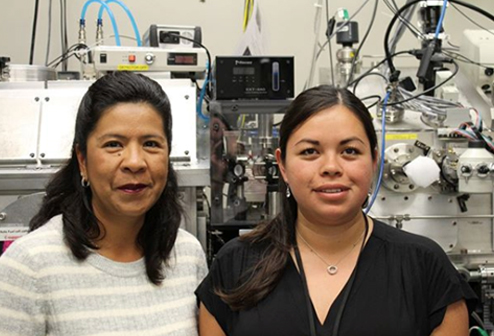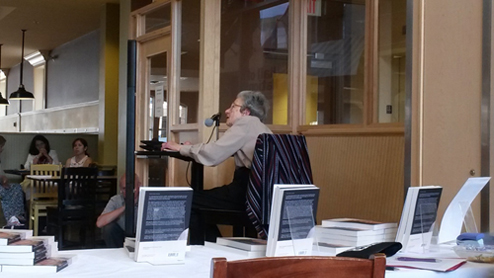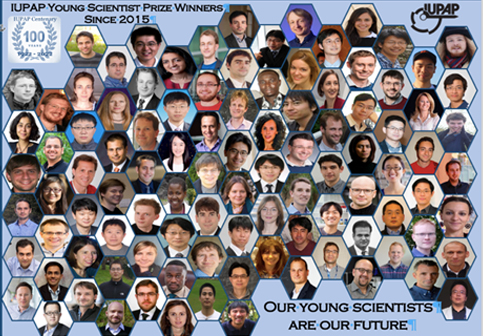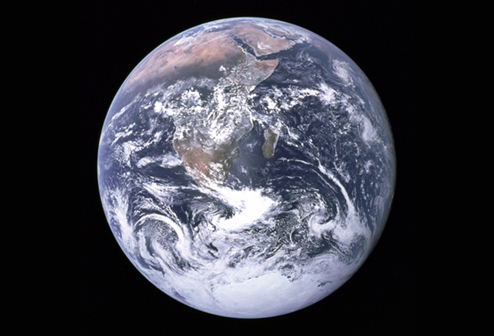Having a fruitful dialogue across generations is fundamental for any human endeavor. It is unavoidable to transfer the body of knowledge that has been built over time. Learning from the experience of those who have helped advance the frontier of science is priceless.

Dr. María Josefina Robles Águila and Student, Ana Karen Sánchez Hernández, from Benemérita Universidad Autónoma de Puebla (Mexico) visiting the Canadian Light Source as part of the LAAMP Project.
Learning from young generations is priceless as well: they bring in the impetus and open minds that allow the approach of old and new problems with original and imaginative tools. Promoting intergenerational dialogue is a win-win situation in which everybody can learn from one another.

In recognition of the vital role that early career physicists play, the IUPAP has awarded Early Career Scientist Prizes (previous Young Scientist Prizes) for many years now. Over 220 prizes have been awarded so far through the various IUPAP Commissions. A new Interdisciplinary Young Scientist Prize has been instituted to recognize the accomplishment of early career physicists who do research in interdisciplinary areas.

In order to strengthen the relationships with the newest generations of physicists we are planning to have more of them involved in the organizational structure of the Union. Besides the incorporation of early career physicists as Commission members, the 30th IUPAP General Assembly approved that the International Association of Physics Students ({iaps}) became the Affiliated Commission on Physics Students (AC5). Prior to this approval, representatives of IAPS have participated of the Council and Commission Chairs Meeting which were held virtually in October 2020 and October 2021.

The youngest generations are aware of the unprecedented challenges that humanity currently faces. Physics knowledge can help address these challenges. Having a larger and more diverse pool of people trained in physics and related disciplines will certainly contribute to the elaboration of innovative ways to address these problems. It is then not only important to support early career physicists and physics students, but also to engage more people into studying physics. This is why IUPAP also intends to enhance outreach , support evidence-based physics education and promote diversity and inclusion in the practice of science to have a larger and more diverse pool of people with the skills to understand and solve complex problems.





